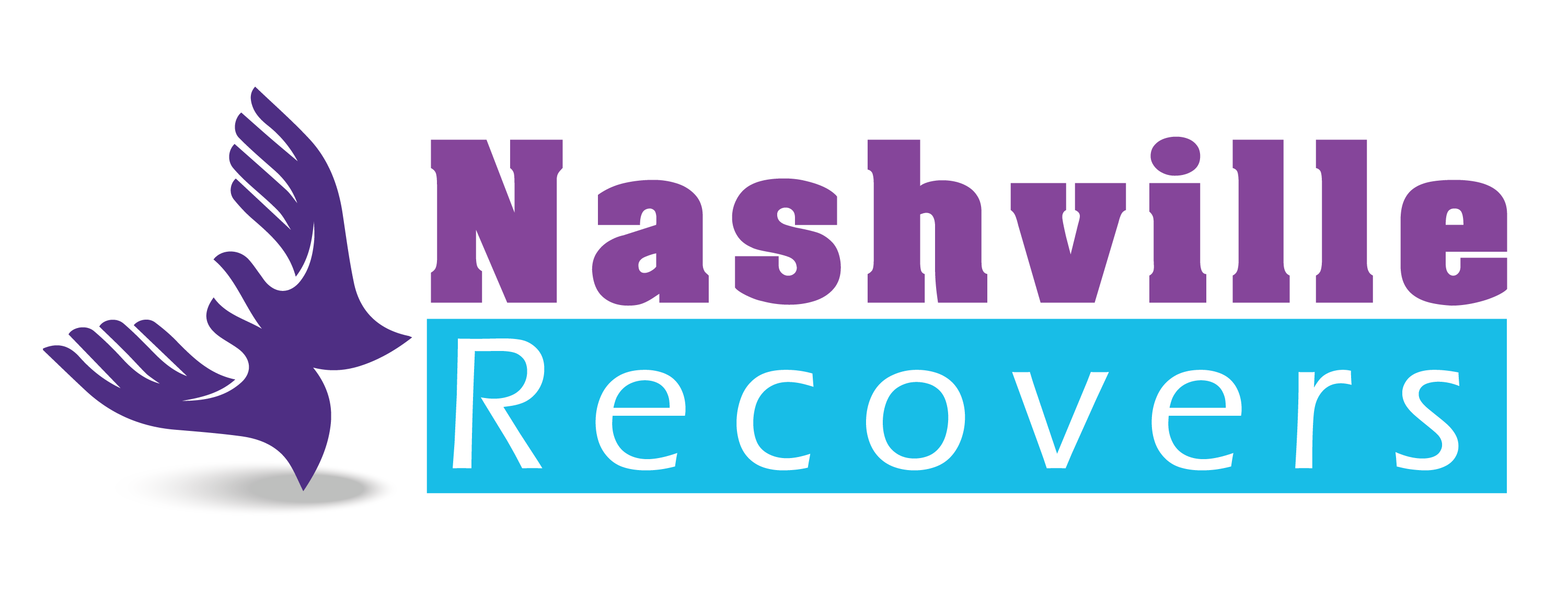Tears stung my eyes and I felt my face flush.
“Brad,” one of my recovering brothers said, “you’re a great guy with a great big heart. Your warmth fills the room when you walk in. We need you.”
I could barely breathe. I heard the words, found them moving, was grateful he felt that way. I even said, “Thank you.”
But I immediately wanted to tell him why he was wrong, that I’m really an asshole, always have been. I felt a flood of guilt and shame over past misdeeds – if he only knew me, really knew me, he wouldn’t say such amazing things about me.
On many days, especially in my earlier recovery, I’d rather take a punch to the face than be praised.
Sigh.
 We recovering addicts and alcoholics suck at taking compliments.
We recovering addicts and alcoholics suck at taking compliments.
Even people with long-term recovery have problems with accepting praise.
“You get better at it,” says Lisa Bell, who has 12 years clean, “but there’s always that nagging voice that stigmatizes yourself.
“The voice says, ‘Don’t forget all that bad stuff you did, don’t forget you’re a bad mother, don’t forget you’re a piece of shit,’” Lisa says.
“The voice isn’t as loud as it was, it just gets quieter, but it’s still there.”
East Nashville’s Bobby Kent, who has 24 years clean, agrees.
“Self doubt still rules. I think it’s difficult to take a compliment. You must be talking to somebody else,” Kent says.
And that’s a guy with nearly a quarter century clean!
Imagine how hard it is for the newcomer to take a compliment.
What happens is that, no matter how much recovery we have, some of that guilt and shame still exists. And the truth is, the bad things we’ve done – stealing, lying, manipulating, prostituting, hurting – are all things that probably loom much larger in our heads than they do in other people’s heads.
Odder still, though we carry so much shame, we also crave attention.
It’s often said that addicts/alcoholics are egomaniacs with inferiority complexes.
And those two things don’t really go together very well.
 “We crave attention and when we get the spotlight, we crawl back in our shells and say, don’t look at me,’” says Cayce L. of Bellevue, who has five years sober.
“We crave attention and when we get the spotlight, we crawl back in our shells and say, don’t look at me,’” says Cayce L. of Bellevue, who has five years sober.
Last year, Cayce was the alumni of the year award at Cumberland Heights. Proud moment, right? Well….
“That was so incredibly uncomfortable,” she said. “A compliment is like a reward that somehow I feel I don’t deserve.”
So how can we get better at accepting these compliments and more important, accept and love ourselves.
Step one, Cayce says, is following her sponsor’s advice when she gets a compliment:
“She told me to shut up and say thank you.”
My sponsor told me something similar: Look the person in the eyes and only say, “thank you.” And then, try to really accept the compliment without internally arguing or deconstructing it or guessing at what the complimenter’s motives might be.
Step two for those of us in 12-step recovery: Go through the steps. Consider going to a therapist. Work on improving and loving ourselves as best we can.
Self-love is the trickiest part to this whole recovery deal. And it starts, well, one step at a time.
But first, just say, “thank you.”

Recent Comments